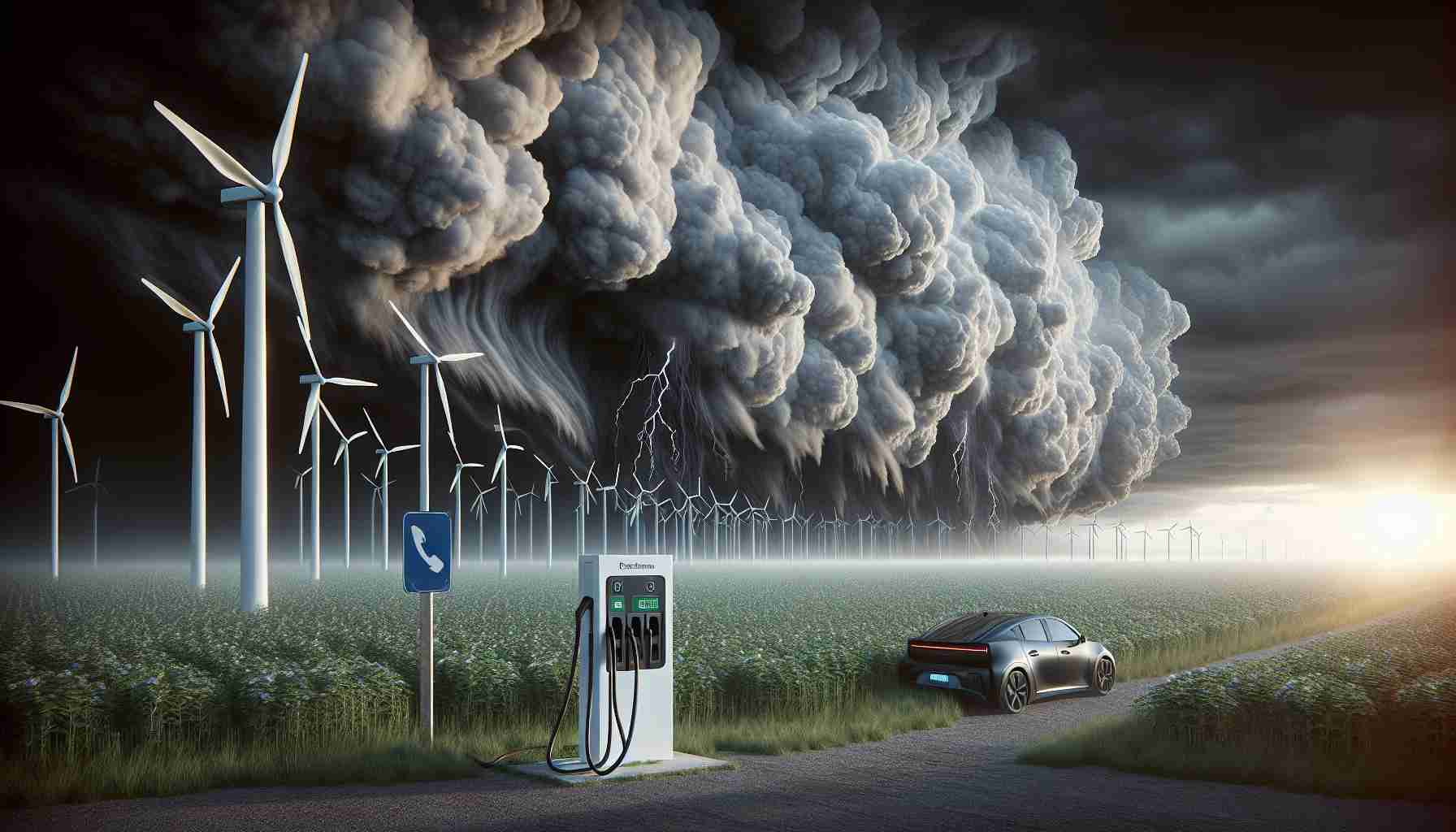Major Trouble for Lion Electric Co.
Quebec’s push into the electric vehicle sector is facing serious challenges, as Lion Electric Co., a significant player, prepares to seek creditor protection. This setback follows troubling revelations about the firm’s financial status. Based in Saint-Jerome, Lion Electric has disclosed that it can no longer meet its credit line requirements and is unable to secure new financing. Consequently, the company is gearing up to restructure under the Companies Creditors Arrangement Act and might initiate a process for selling its assets.
Lion’s decline is linked to several factors, including delays in subsidy programs, supply chain issues, and the strain of managing too many vehicle models simultaneously. The company, which transitioned to public trading in 2021, has amassed $392 million in debt while struggling with plummeting sales of only $31 million—significantly down from $80 million the previous year.
After reaching a workforce high of around 1,400 employees in 2022, Lion has now reduced its staff to approximately 300 and halted operations at its Joliet manufacturing facility. The Quebec government has invested heavily in Lion, totaling C$177 million, amidst broader efforts to strengthen the province’s position in the electric vehicle supply chain. However, with Lion’s market value tanking, the electric vehicle industry in Quebec faces uncertainty, reflecting broader challenges as manufacturers grapple with a rapidly evolving market.
Lion Electric Co.: Navigating Uncertainty in the EV Market
Introduction
Lion Electric Co., once a promising representative of Quebec’s electric vehicle aspirations, is now struggling under the weight of substantial financial difficulties. This article explores the challenges faced by Lion Electric, recent developments in the EV market, and insights on future trends.
Overview of Current Challenges
Lion Electric, based in Saint-Jerome, Quebec, is preparing to seek creditor protection after revealing its inability to meet credit line requirements or secure new financing. This situation has led the company to consider restructuring under the Companies Creditors Arrangement Act while also contemplating asset sales.
Key reasons for this predicament include:
– Delayed Subsidy Programs: Financial incentives that were expected to boost production and sales have not materialized as anticipated.
– Supply Chain Disruptions: Ongoing global supply chain issues have hindered production capabilities and affected operational efficiency.
– Model Diversification Strain: Managing multiple vehicle models simultaneously has complicated operations and diverted resources.
Impact on Employment and Production
Lion Electric’s workforce, which peaked at around 1,400 employees in 2022, has dramatically shrunk to approximately 300. The company has also ceased operations at its manufacturing plant in Joliet, signaling a significant contraction in its production capacity and local employment impact.
Financial Overview
Since transitioning to public trading in 2021, Lion Electric has faced severe financial setbacks:
– Debt Levels: The company currently bears approximately $392 million in debt.
– Sales Performance: Sales plummeted from $80 million to only $31 million over the past year, raising concerns about its viability in the competitive EV landscape.
Government Investment and Its Implications
The Quebec government has invested heavily in Lion Electric, amounting to C$177 million in hopes of bolstering the province’s position in the EV supply chain. However, this investment is now under scrutiny as the company grapples with its declining market value, raising questions about the effectiveness of such governmental support in fostering sustainable industry growth.
Trends in the Electric Vehicle Market
As Lion Electric faces these challenges, several broader trends in the electric vehicle market are worth noting:
– Increased Competition: The EV landscape is becoming increasingly crowded, with new entrants constantly emerging, intensifying competition.
– Technological Innovations: Manufacturers are investing in new technologies to improve efficiency, battery life, and production costs. Keeping up with these advancements is crucial for survival.
– Policy Environment: Governments globally are rolling out incentives and subsidies for EV manufacturers, which could play a critical role in shaping future market dynamics.
Future Predictions
Experts predict that the electric vehicle market will continue to evolve rapidly, with the potential for new technologies and business models to emerge. Companies like Lion Electric must adapt quickly to changes in consumer demand and supply chain realities to maintain relevance in this fast-paced environment.
Conclusion
Lion Electric’s current plight serves as a reminder of the challenges inherent in the electric vehicle market. As the company seeks to navigate its financial troubles, the wider industry must also contend with competition, technological advancements, and shifting consumer preferences. The outcome of Lion Electric’s restructuring efforts could have significant implications for Quebec’s ambitions in the electric vehicle sector.
For more insights and updates on the electric vehicle industry, visit Electric Vehicles.













